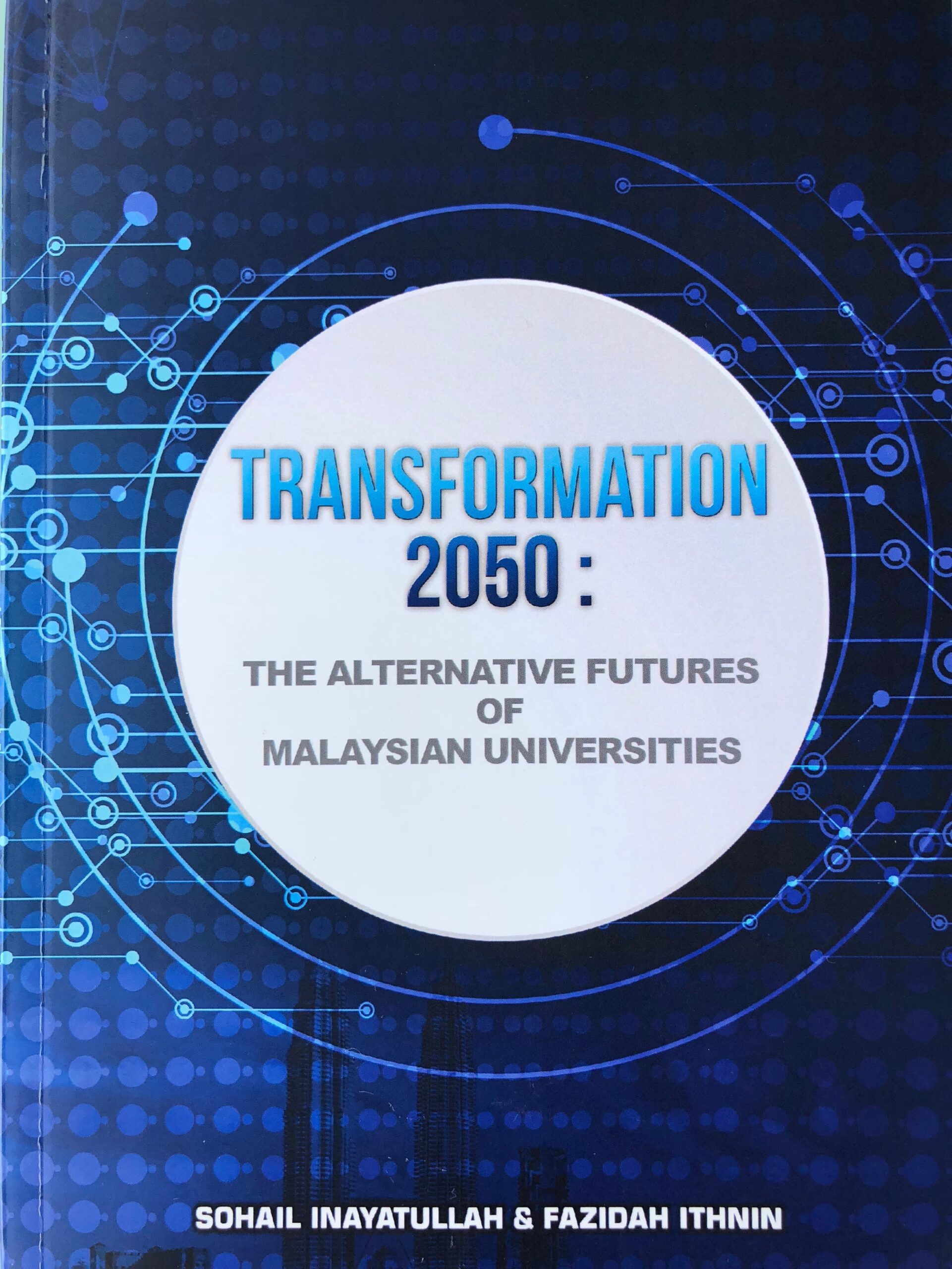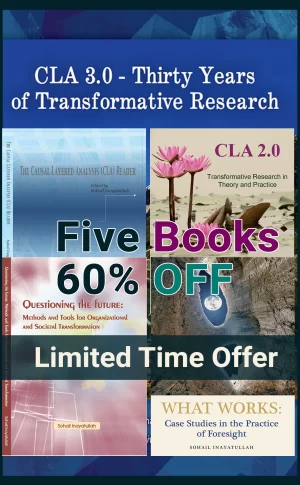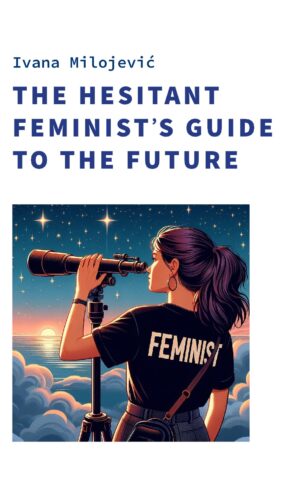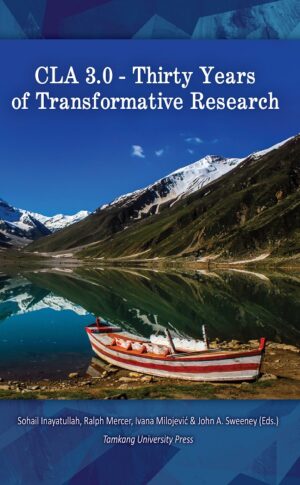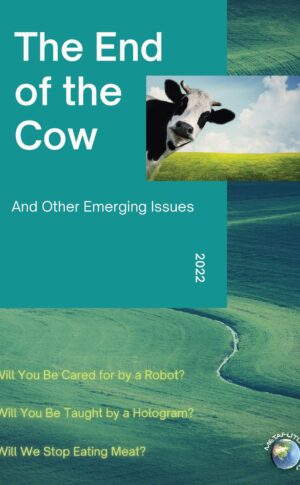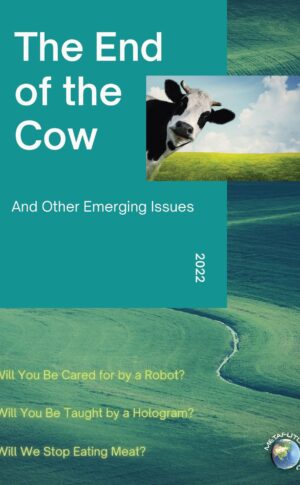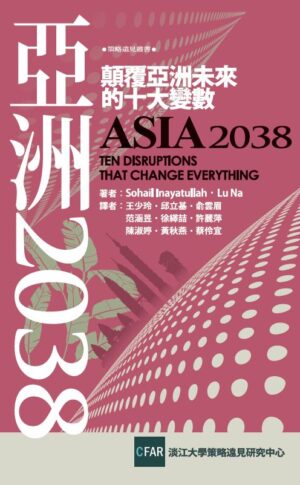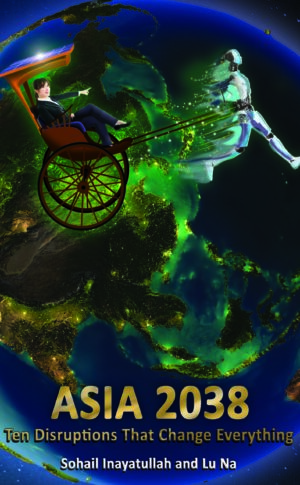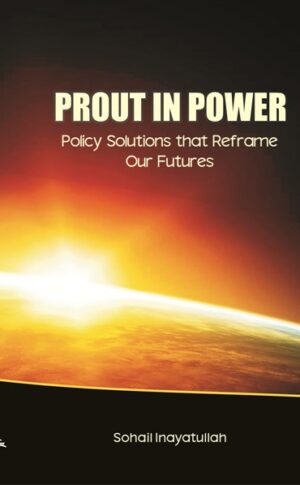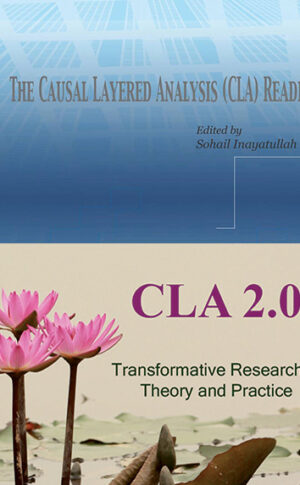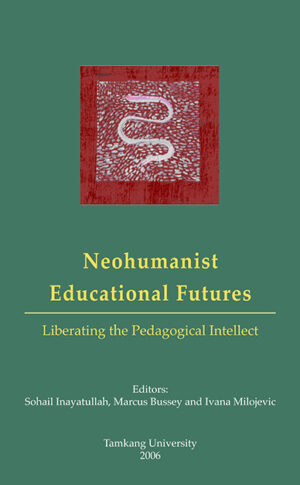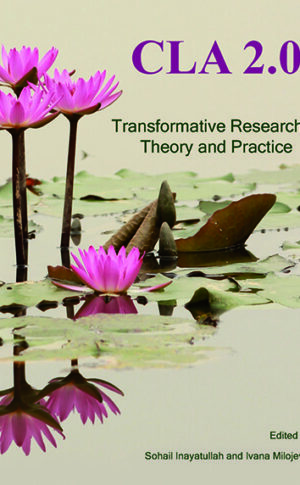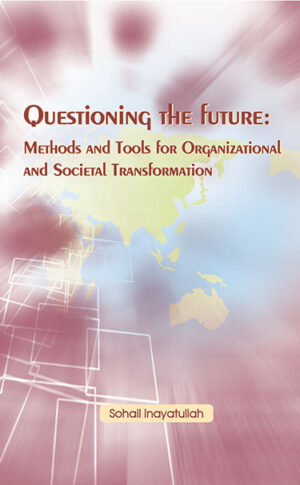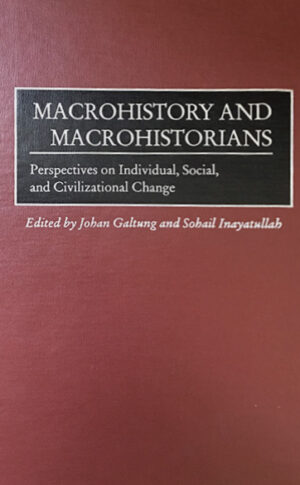Transformation 2050 (2018) (PDF)
$20.00
This is the PDF version of Transformation 2050. After payment, you will receive an email with a download link. [NB: if the email does not appear in your inbox, please check your spam folder. If that is not successful, please contact us at: sales@metafuture.org]
Transformation 2050: The Alternative Futures of Malaysian Universities
By Sohail Inayatullah and Fazidah Ithnin (with contributing chapters by Azhari-Karim, Ellisha Nasruddin, Reevany Bustami, Ivana Milojević)
USIM Press, Universiti Sains Islam Malaysia, Bandar Baru Nilai, Negeri Sembilan, 2018
Additional information
This is the PDF version of Transformation 2050. After payment, you will receive an email with a download link. [NB: if the email does not appear in your inbox, please check your spam folder. If that is not successful, please contact us at: sales@metafuture.org]
Transformation 2050: The Alternative Futures of Malaysian Universities
By Sohail Inayatullah and Fazidah Ithnin (with contributing chapters by Azhari-Karim, Ellisha Nasruddin, Reevany Bustami, Ivana Milojević)
USIM Press, Universiti Sains Islam Malaysia, Bandar Baru Nilai, Negeri Sembilan, 2018
Transformation 2050 sums up the critical relevance of designing the desired future using the six pillars approach of Futures Studies. It encourages university leaders to envision best-case scenarios involving university leadership, teaching, and learning, students and academics.
The following salient points are made by the authors of this book:
First, Malaysian higher education is in the process of massive changes primarily due to globalization, digitalization, the development of a knowledge economy, and demographic transitions.
Second, as much as feasibly possible to create a far more flexible system- more choices for students and academics. This system can be called the “healthy buffet” or the Levitra “education mall”. The authors argue that the factory model or the “force-feed” scenario has reached its limits. New systems of assessment and cooperation need to be invented.
Third, the ethical cannot be lost sight of; indeed, it is crucial to the future. Whether the cooperative of professors, the murabbi or the university based on social justice, scholars are clear that the ways forward must enshrine ethics in the future. Opaque institutions biased by politics and bureaucratic interference tinged with favouritism have no place in the future.
Fourth, all these possible changes must proceed with cooperative leadership and decision-making. Leadership must hold the vision of the future, but full participation and inclusion in the process and implementation is required.
The book is introduced by Dzulkifli Abdul Razak on the transformation potential of scenario planning. This is followed with the following chapters:
- Transforming public institutions by Azhari-Karim
- Foresight at Universiti Teknikal Malaysia Melaka by Fazidah Ithnin and colleagues
- Transformative foresight: University Sains Malaysia leads the way by Ellisha Nasruddin, Reevany Bustami and Sohail Inayatullah
- Augmented reality, the Murabbi, and the democratization of Higher Education by Sohail Inayatullah and Ivana Milojević
- Leadership and governance in Higher Education 2025 by Sohail Inayatullah and Ivana Milojević
- A Meta-analysis of higher education scenarios by Fazidah Ithnin and colleagues
Concluding comments on the urgency of change and the role of leadership are provided by Ahmed Yusoff Hassan.
Length: 149 pages

